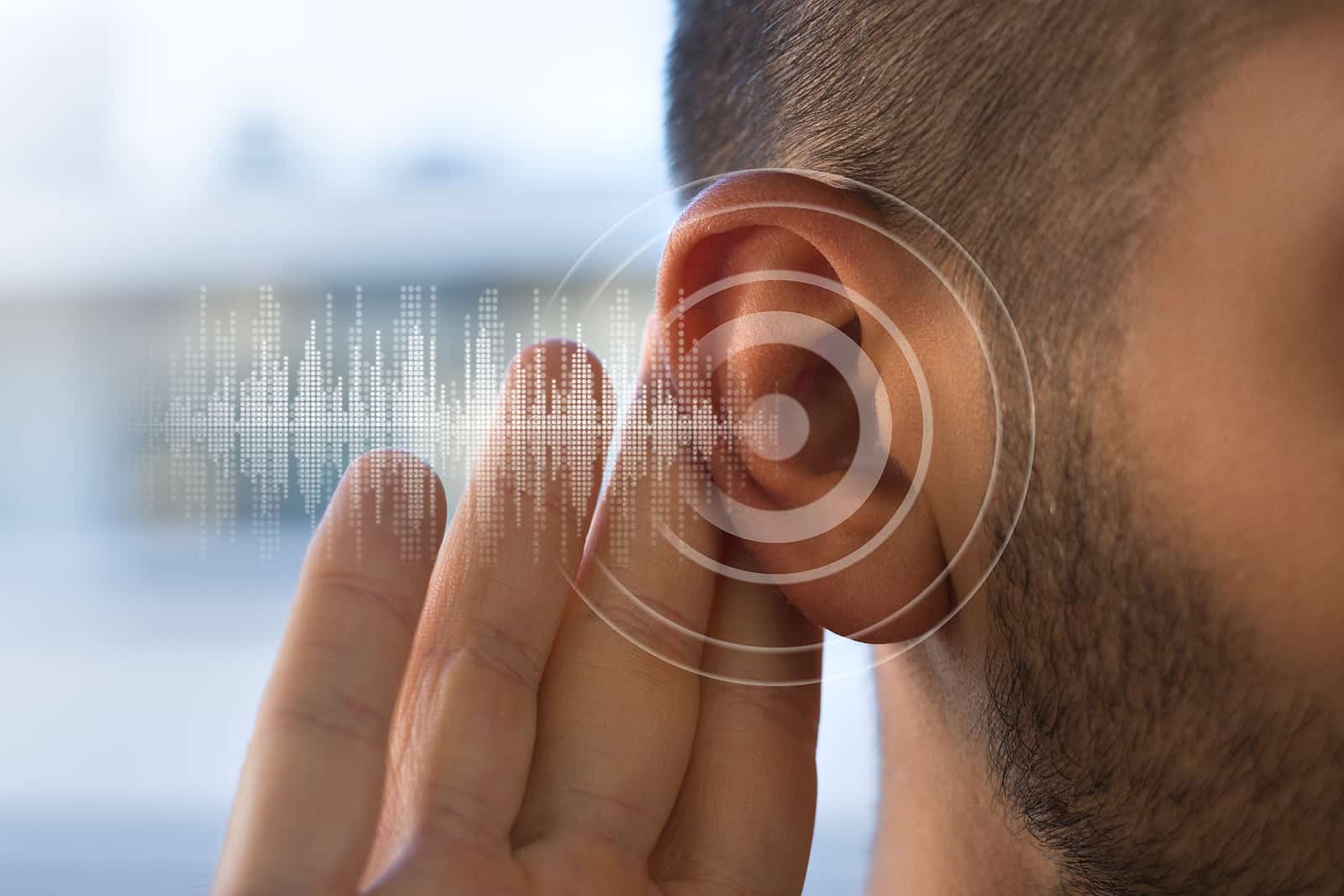
Hearing loss is usually associated with older Americans, but did you know that younger people also lose their hearing at a higher rate?
Hearing loss is the third most common health problem in the U.S. The World Health Organization says that regular exposure to loud noise puts 1.1 billion young people (children and teens) at risk of permanent hearing damage. You might be surprised to learn that some common sounds are a big source of this hearing loss.
More on Noise-induced hearing loss
Noise-induced hearing loss differs from presbycusis (a loss of hearing that comes with aging). Hearing experts think that being around sounds that are 85 decibels or louder for a long time could cause permanent hearing loss.
Here, we talk about some everyday sounds that could damage your hearing.
Earbuds
Earbuds plugged into a phone or tablet are a common sight these days, and people of all ages do it. Earbuds are handy because they are small and easy to carry around. But using earbuds is why more and more young people have trouble hearing.
When earbuds are close to your eardrums, the decibel level goes up, no matter how loud the music is.
Also, many earbuds don’t do a good job of blocking out outside noise, so when people listen to music on earbuds, they tend to turn up the volume. This is common in noisy environments like subway carts, offices, and cafes.
Children’s toys
Many hearing experts have noticed that children’s toys have gotten louder over the past few years. In a recent article for the Advance Healthcare Network for Speech & Hearing, 200 toys were tested; at arms’ length, 98% were louder than 85 decibels.
White noise machines also make too much noise; some even make too much noise for adults. A child could lose their hearing because of this kind of noise.
Home speaker system
Did you know your home stereo speakers can get as loud as a live rock concert? Hearing experts say that when home stereo speakers are turned up loud, they can reach 110 to 140 decibels, which is well above the safe zone. The decibels are more dangerous when you are in a small space. Even though speakers are better than headphones or earbuds, turning them up way too loud could hurt your hearing.
Hearing experts say to follow the 60-60 rule when listening to music. They say you shouldn’t listen for more than 60 minutes daily at 60% volume. Take breaks often to give your ears a break so you can listen to music for longer.
Power tools
Whether you’re doing a do-it-yourself construction project at home or you work in construction, using power tools all the time could cause permanent hearing loss. An idle construction vehicle’s engine makes 85 decibels of noise. Imagine working next to one for eight hours with power tools and no hearing protection. That could damage your hearing for good.
Hearing experts say that you should use custom ear protection no matter what you do for a living or as a hobby. Custom ear protection blocks the dangerous decibels that could cause permanent hearing loss if they were not blocked.
Ambulance sirens
Ambulances are a common sight (and sound) in larger cities. If you live in an area with many ambulances or work as a medic, it’s essential to protect your ears. People in the emergency medical sector should get ear protection just for them. If you live in an area with a lot of traffic and are often exposed to loud sirens and traffic, you should also get your hearing checked every year.
Motorcycles
Like ambulance sirens, motorcycles have a high decibel level. A long trip on a motorcycle could damage your hearing in a way that can’t be fixed. If you ride a motorcycle, you might want to protect your ears (along with your head) with custom earplugs.
More and more people have trouble hearing. Call us if your hearing is changing. We offer complete hearing tests to understand better how well you can hear right now.
